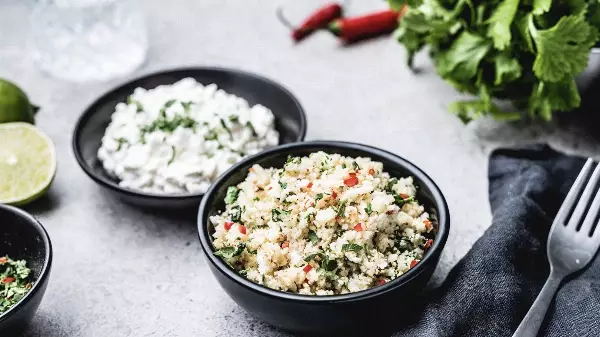The Meat. To Eat Or Not To Eat
Meat represents a great protein source, but at the same time, it can pose several health risks, according to nutritionists. Some believe it should be avoided in our daily diets, while others say it plays a significant role in keeping our body healthy.
The reality is that with the multitude of information about meat, it is somewhat confusing to pinpoint precisely if the meat is healthy or not. It is true that we still need to observe the long-term effects of meat on health. But recent studies offer some key facts to aid you in deciding whether or not you should eat meat.

What is the meaningful part of eating meat?
Meat comes with a great amount of nutrients, like protein, vitamin B, vitamin E, iron, or magnesium. These are required for the better functioning of our bodies. Proteins aid in keeping your bones and muscles healthy. Vitamin B is great for bettering the nervous system and create red blood cells. Iron is necessary for adequately oxygenating the blood, while magnesium is responsible for energy release.
Such nutrient intake can indeed be achieved with other types of foods, but not many feature a high protein amount in their composition. Mostly, meat is satiating and rich in protein, which is why most people prefer it. It allows you to eat less and feel full longer. Of course, it is quite beneficial for those that have an active lifestyle.

What is the bad part about eating meat?
Mostly, the negative effect of meat on health is connected to red meat. More and more studies show that carnitine, a joint compound in red meat, can lead to clogged arteries, along with a higher risk of developing heart disease. Also, some other researchers discovered that some types of meat commonly found on the market could come packed with harmful hormones. This, in turn, doubles the risk of cancer, type-2 diabetes, or even Alzheimer’s.
Also, the challenging part of purchasing meat today is that manufacturers don’t provide truthful labels. You can get a mix of distinct types of meat without knowing. Therefore, in some situations, it is difficult to determine how much-saturated fats you have on your diet, or what chemicals you are ingesting.

How to eat meat and prevent health risks
Of course, there is a constant debate regarding whether or not you should eat meat. It is a controversial topic, and usually, no clear perspective is offered from either side. Anyhow, not all meats are identical, and some are healthier than others.
So, if you want to limit your meat intake, or simply opt for healthier meat options, here is what you need to do.
· Look for grass-fed organic meats. The main problem with meat today is the fact that it comes packed with antibiotics. Almost all farmers feed their animals with a multitude of antibiotics and grains, meant to fatten them faster. So, the safest meat choice is the organic range.
· Always add meat as a side, and not as a main course in your meal plan. A frequent mistake is using meat as a main course. No matter of what type of meat you eat, it is always best to have as little as possible. Also, meat should be eaten along with a wide range of vegetables.
· Always avoid processed meats. Studies show that processed meats are carcinogenic and boost the risk of developing cancerous cells. Avoid hot dogs, sausages, pepperoni, or any other type of product that has processed meat. This type of meat is extremely dangerous, and it is incredibly high in salt and nitrates.
· Use fish instead of meat as often as possible. Another healthy meal option to avoid meat is having fish as a replacement. Opt for fish from a sustainable source, as those assure you will benefit from healthy fats.
· Cook meat correctly. Specialists advise that it is best to avoid frying meat, as it triggers several reactions in its composition that can harm our health. Instead, you can boil, grill, or roast meat, depending on your preferences. Moreover, always cook meat at lower temperatures for a more extended period to avoid toxic by-products.

In the end, eating meat is a personal choice. A multitude of studies focus on both the benefits and downsides of eating meat, while all agree that having meat from high-quality sources, can offer some health benefits. Such alternatives are admittedly more costly , but you can always lower your meat intake and enjoy smaller portions.
, but you can always lower your meat intake and enjoy smaller portions.
updates?










0